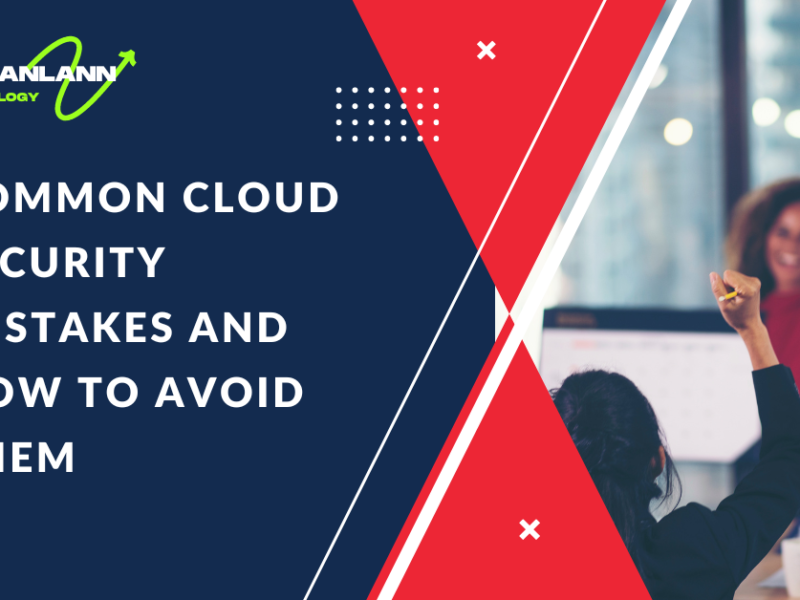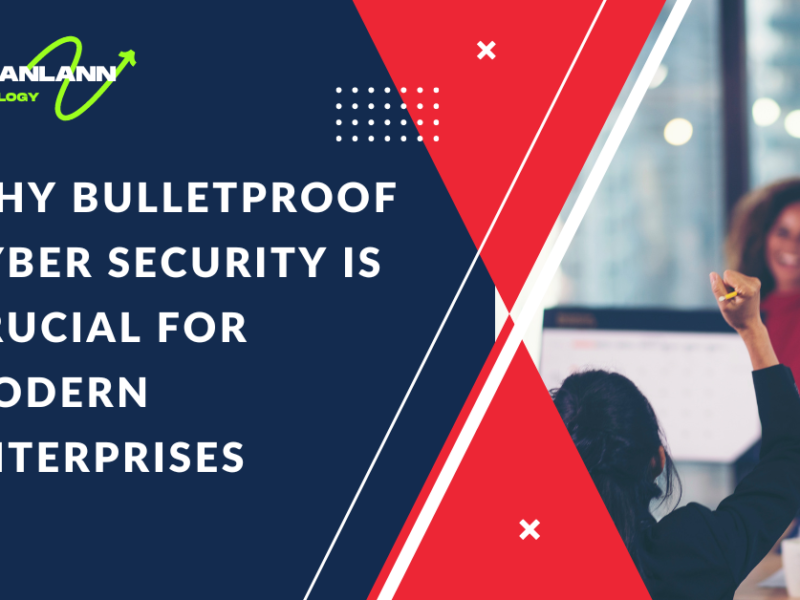In an era where cyber threats are increasingly sophisticated and prevalent, protecting your business’s digital assets is more critical than ever. Cyber security services play a vital role in safeguarding sensitive information, ensuring compliance with regulations, and maintaining customer trust. This article delves into how various cyber security services protect businesses from a myriad of threats, providing a comprehensive guide to the essential tools and strategies available.

The Role of Cyber Security in Business Protection
Cyber security services are designed to protect businesses from cyber threats that can lead to financial losses, data breaches, and damage to reputation. These services provide a multi-layered defense strategy, incorporating preventive measures, real-time monitoring, and rapid response capabilities to mitigate the impact of cyber attacks. By implementing robust cyber security measures, businesses can ensure the confidentiality, integrity, and availability of their critical data and systems.
Types of Cyber Security Services
There are various types of cyber security services, each addressing specific aspects of business protection. These services range from employee training to advanced threat detection and response solutions. Understanding the different types of services available can help businesses develop a comprehensive security strategy that meets their unique needs.
1. Cyber Security Training
Cyber security training is essential in creating a security-conscious workforce. By educating employees on identifying phishing attempts, using strong passwords, and following best practices for data protection, businesses can significantly reduce the risk of human error leading to security breaches. Training programs from providers like SANS Institute and Cybrary offer extensive courses that keep employees updated on the latest threats and defensive strategies.
2. Network Security Solutions
Network security solutions protect a business’s IT infrastructure from unauthorized access and cyber attacks. These solutions include firewalls, intrusion detection systems (IDS), and virtual private networks (VPNs) that safeguard against external and internal threats. Leading solutions like Cisco Secure and Fortinet provide comprehensive protection by continuously monitoring network traffic and identifying potential threats in real-time.
3. Cyber Security Consultant
Hiring a cyber security consultant can provide businesses with expert advice and tailored security strategies. Consultants conduct thorough assessments, develop customized security plans, and ensure compliance with industry regulations. Leading firms such as Deloitte and KPMG offer consulting services that help businesses strengthen their security posture and improve their incident response capabilities.
4. Cyber Security Certification
Certifying employees in cyber security demonstrates a commitment to maintaining a secure environment. Certifications like Certified Information Systems Security Professional (CISSP) and Certified Ethical Hacker (CEH) ensure that professionals have the skills needed to protect business assets and respond to threats effectively. These certifications are recognized globally and can enhance an organization’s overall security readiness.
5. Cyber Security Jobs
The growing need for skilled cyber security professionals has created a robust job market. Roles such as security analysts, ethical hackers, and chief information security officers (CISOs) are crucial in protecting business systems and data. These professionals use their expertise to detect vulnerabilities, respond to incidents, and implement security measures that protect against evolving threats.
6. Cyber Security Software
Cyber security software provides essential tools for protecting systems and data from malicious attacks. Solutions like antivirus software, encryption tools, and threat intelligence platforms offer multi-layered defense mechanisms. Top software like Norton Security and McAfee Total Protection provide comprehensive features that detect and mitigate threats, ensuring robust protection against cyber attacks.
7. IT Security Services
IT security services encompass a broad range of solutions designed to protect an organization’s IT environment. These services include vulnerability assessments, incident response, and security audits. Companies like IBM and Accenture offer extensive IT security services that help businesses identify weaknesses, respond to incidents, and maintain compliance with regulatory requirements.
8. Cloud Security Solutions
As businesses increasingly rely on cloud services, ensuring cloud security has become crucial. Cloud security solutions protect data and applications hosted in the cloud from breaches and unauthorized access. Providers like AWS Security and Microsoft Azure Security offer robust cloud security measures, including encryption, identity management, and continuous monitoring, to safeguard cloud environments.
9. Managed Security Services
Managed security services (MSS) offer continuous monitoring and management of an organization’s security infrastructure. MSS providers like SecureWorks and AT&T Cybersecurity deliver services such as threat detection, incident response, and vulnerability management. These services allow businesses to focus on their core operations while ensuring their security needs are met by experts.
10. Endpoint Security
Endpoint security protects devices such as laptops, smartphones, and tablets from cyber threats. Solutions like Symantec Endpoint Protection and CrowdStrike Falcon offer advanced features, including threat detection, encryption, and device management, to ensure endpoints remain secure against evolving threats.
Threat Intelligence
Threat intelligence involves collecting and analyzing data on current and emerging threats to anticipate and prevent cyber attacks. Services from providers like Recorded Future and ThreatConnect enhance an organization’s ability to respond to cyber threats effectively by providing actionable insights and real-time threat information.
Penetration Testing
Penetration testing simulates cyber attacks to identify vulnerabilities in an organization’s systems. Leading providers like Offensive Security and Rapid7 conduct detailed assessments that help businesses strengthen their defenses and address security gaps before they can be exploited by malicious actors.
Data Breach Response
Effective data breach response is critical in minimizing the impact of cyber attacks. Services from FireEye and Mandiant offer rapid response teams that help organizations contain breaches, investigate the root cause, and restore normal operations. A well-executed breach response can significantly reduce financial losses and damage to reputation.
Cyber Security Risk Assessment
Risk assessments identify potential vulnerabilities and evaluate the effectiveness of existing security measures. Providers like RiskLens and RSA offer detailed risk assessments that help businesses understand their risk profile and prioritize security investments to mitigate those risks effectively.
Cyber Training Platform
Cyber training platforms provide interactive and practical training solutions to enhance cyber security skills. Platforms like TryHackMe and Hack The Box offer hands-on training environments that simulate real-world scenarios, helping individuals and teams improve their defensive and offensive cyber capabilities.
Company Password Management
Effective password management is essential in preventing unauthorized access. Solutions like LastPass and Dashlane offer secure password management services that store and encrypt passwords, ensure strong password policies, and provide multi-factor authentication, significantly enhancing security.
Network Threat Detection and Response
Network threat detection and response solutions continuously monitor network activity to identify and respond to threats. Solutions like Darktrace and Palo Alto Networks offer advanced threat detection capabilities powered by AI and machine learning, providing real-time insights and automated responses to mitigate risks.
Best Secure Cloud Storage for Business
Secure cloud storage is crucial for protecting sensitive business data. Providers like Google Drive for Business and Dropbox Business offer encrypted storage solutions that ensure data is securely stored and accessible only to authorized users, providing peace of mind for businesses.
Vulnerability Management in Cyber Security
Vulnerability management involves identifying, evaluating, and mitigating vulnerabilities in an organization’s systems. Services from Tenable and Qualys offer comprehensive vulnerability management solutions that continuously scan for vulnerabilities, prioritize them based on risk, and provide remediation guidance to enhance security posture.
Benefits of Implementing Cyber Security Services
Implementing cyber security services provides numerous benefits, including protecting sensitive data, ensuring regulatory compliance, and maintaining customer trust. By adopting a comprehensive approach to cyber security, businesses can reduce the risk of cyber attacks, avoid financial losses, and enhance their overall security posture.
Choosing the Right Cyber Security Services for Your Business
Selecting the right cyber security services involves evaluating your business’s specific needs and risks. Factors to consider include the size of your organization, the sensitivity of your data, and the complexity of your IT infrastructure. Consulting with cyber security experts and conducting thorough assessments can help determine the most suitable services for your business.
Conclusion
Cyber security services are essential in protecting businesses from the ever-growing threat of cyber attacks. By investing in comprehensive security measures, including training, software solutions, and managed services, businesses can safeguard their digital assets and ensure continuity. Staying informed about the latest trends and solutions in cyber security is crucial for maintaining a robust defense against evolving threats.
FAQs
How do cyber security services protect businesses? They provide multi-layered defense strategies, including preventive measures, real-time monitoring, and rapid response capabilities to mitigate cyber threats.
Why is employee training important in cyber security? Training educates employees on identifying and responding to threats, significantly reducing the risk of human error leading to security breaches.
What are managed security services? Managed security services offer continuous monitoring and management of an organization’s security infrastructure by specialized providers.
How can cloud security solutions benefit businesses? Cloud security solutions protect data and applications hosted in the cloud, ensuring they are secure from breaches and unauthorized access.
What is the role of threat intelligence in cyber security? Threat intelligence involves collecting and analyzing data on threats to predict and prevent cyber attacks, providing actionable insights for better security.
Why are cyber security risk assessments necessary? Risk assessments identify potential vulnerabilities and evaluate the effectiveness of existing security measures, helping businesses prioritize security investments.




Thanks